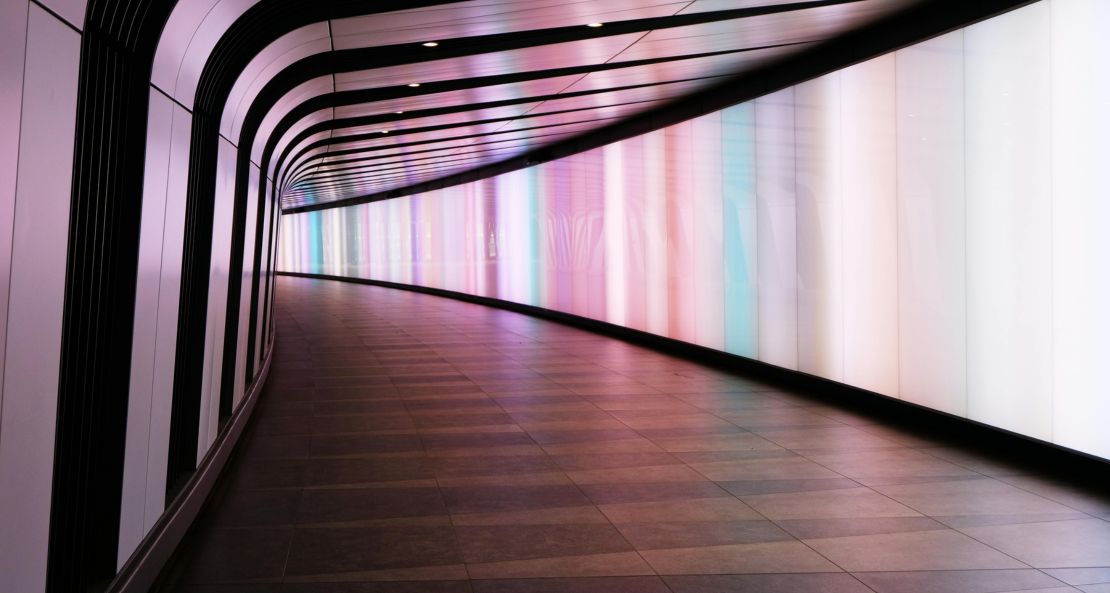
We may not be riding hoverboards or travelling in flying cars yet, but there are certain technologies, like wearables and holograms, that we have already seen and experienced through films.
Sometimes, the world of cinema transcends entertainment and ventures into the territory of prophecy.
Often celebrated for their creativity and storytelling, these films occasionally offer glimpses into the future that are eerily accurate and far-sighted.
From cultural changes to technical breakthroughs, movies have a fantastic ability to predict aspects of our reality.
In this article, we will examine these cinematic masterpieces, revealing not just their masterful storytelling but also their extraordinary capacity to predict the trajectory of future and human development.
According to this blog post, science fiction frequently examines the boundaries of human imagination, occasionally coinciding with actual advancements.
These stories could be a mirror of our shared worries, hopes, and future directions.
In any event, analyzing the stories of these books and movies can work as a warning, alerting us to the possible repercussions of our choices and the potential influence of emerging technologies.
Science Fiction Movies That Accurately Predicted Future
These films strikingly paralleled events that didn’t happen for several years, even though they weren’t intentionally aiming to predict exact future events.
It’s almost possible to argue that these movies unwittingly predicted tragedies, medical advances, and technological advancements.
Blade Runner (1982)
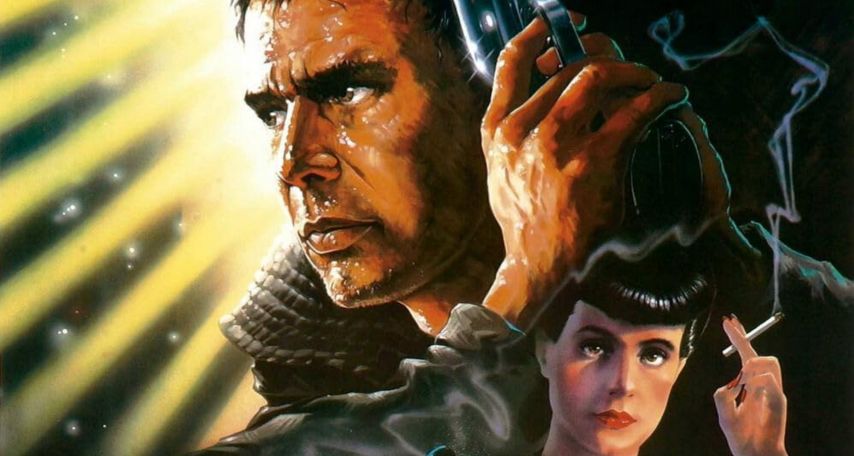
Ridley Scott’s “Blade Runner,” which was adapted from Philip K. Dick’s novel “Do Androids Dream of Electric Sheep?” is one such masterpiece set in the future.
The movie is set in a dystopian future in Los Angeles. Various futuristic themes like artificial intelligence, environmental degradation, and existential questions surround humanity and its relationship with society.
Although released in the 1980s, the movie foresaw several technological advancements that became integral parts of our daily lives.
From surveillance drones stringing the skies to lifelike clones, the movie’s depiction of a technologically advanced civilization is surprisingly accurate.
2001: A Space Odyssey (1968)
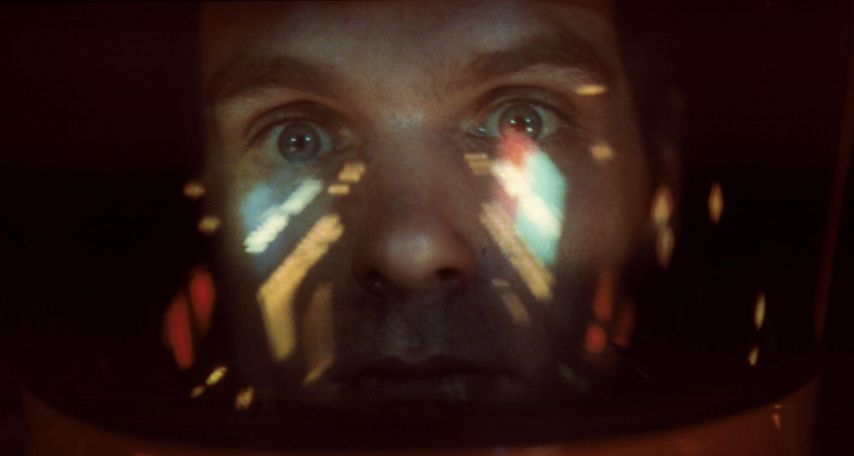
2001: A Space Odyssey marks a testament to the visionary abilities of Stanley Kubrick.
Working with renowned science fiction writer Arthur C. Clarke, Kubrick created an aesthetically spectacular journey that examined the development of artificial intelligence and humanity’s evolution.
Many of the film’s predictions have come true, even though its portrayal of AI and space travel may have sounded unrealistic when it was first released.
The spacecraft’s sleek, minimalist design from “2001” is strikingly similar to modern spacecraft like SpaceX’s Crew Dragon, and the movie’s depiction of HAL 9000, an intelligent computer system, predicted the emergence of AI assistants like Siri and Alexa.
The Matrix (1999)
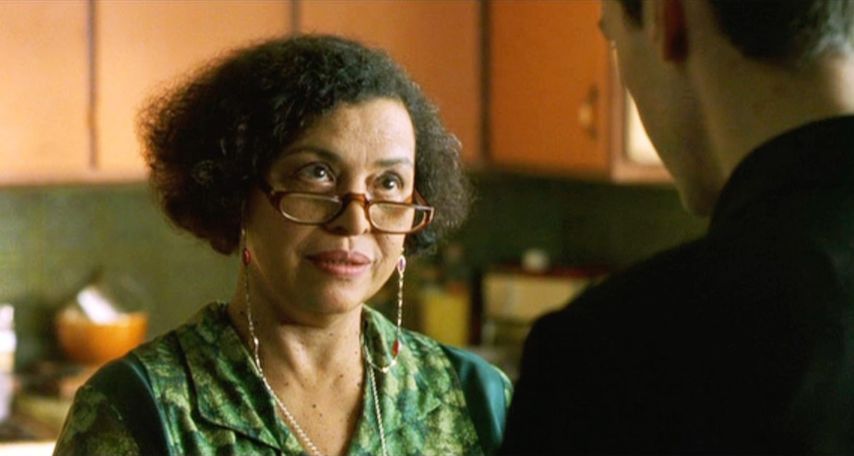
The 1999 film “The Matrix” offered viewers a terrifying picture of an artificial intelligence-run world.
With its avant-garde visual effects and philosophical implications, the film questioned accepted ideas of reality and identity.
Although the idea of virtual reality might have sounded unrealistic at the beginning of the year, “The Matrix” foresaw the development of virtual reality technology and the moral ramifications of living in a world becoming increasingly digitally connected.
The film’s virtual worlds are now more accessible to us thanks to virtual reality headsets and immersive gaming experiences, which encourage contemplation on what it means to be alive in a technologically driven age.
RoboCop (1987)
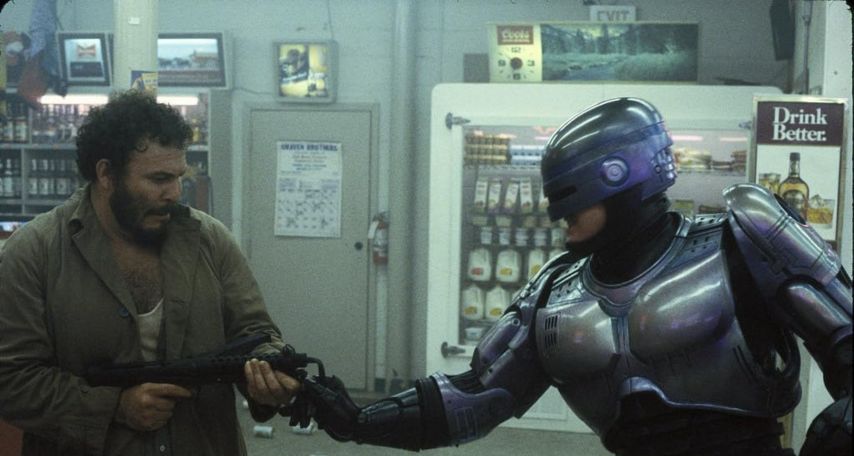
Paul Verhoeven’s 1987 thriller “RoboCop” accurately foretold modern cultural issues.
Filmed in a crime-ridden Detroit where corporate greed is rampant and law enforcement is privatised, it presents a biting critique of unbridled capitalism and the militarisation of the police.
Even after three decades of release, “RoboCop” is still relevant in a time when public concerns about civil rights violations, corporate influence in politics, and police brutality are on the rise.
“RoboCop” illustrates a terrifying future in which companies have unbridled power and inequity is rife, underscoring the perils of compromising moral values in the name of business.
Idiocracy (2006)
In his satirical comedy “Idiocracy” (2006), Mike Judge imagines a civilization in which media saturation and materialism have severely dumbed down society.
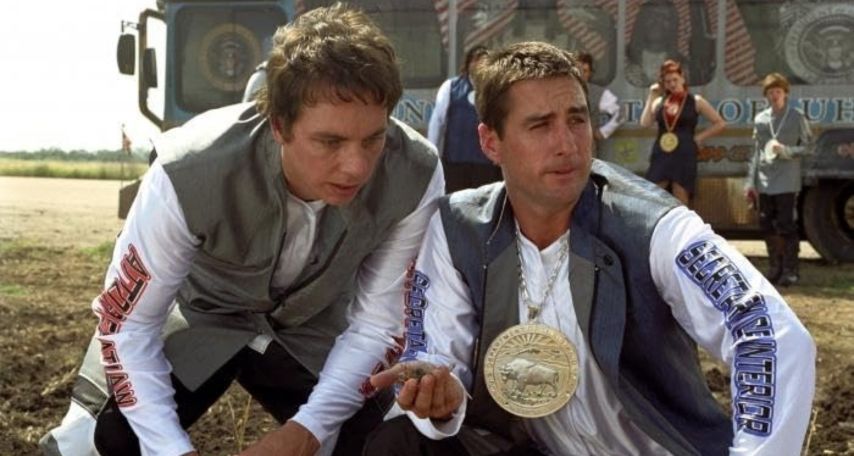
Despite mainly being ignored when it first came out, “Idiocracy” has subsequently developed a cult following thanks to its scathing social satire and startlingly realistic portrayal of contemporary culture, including reality television, celebrity worship, and political indifference.
“Idiocracy” serves as a warning about the perils of complacency and cultural stagnation at a time when our society struggles with the challenges of disinformation and dwindling intellectual discourse.
Conclusion
The movies that have foreseen the future are evidence of the medium’s ability to provide meaningful insights into human nature and go beyond simple entertainment.
These visionary works, exploring technical developments, sociological trends, or existential problems, have remarkably accurately predicted aspects of our world.
The lessons taught by these cinematic masterpieces are still applicable today, helping us navigate the unpredictable landscape of the future as we continue to struggle with the intricacies of the modern world.
